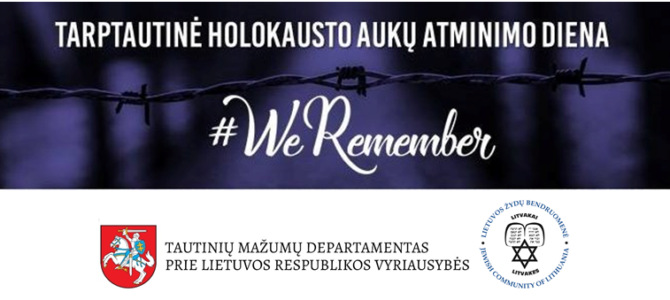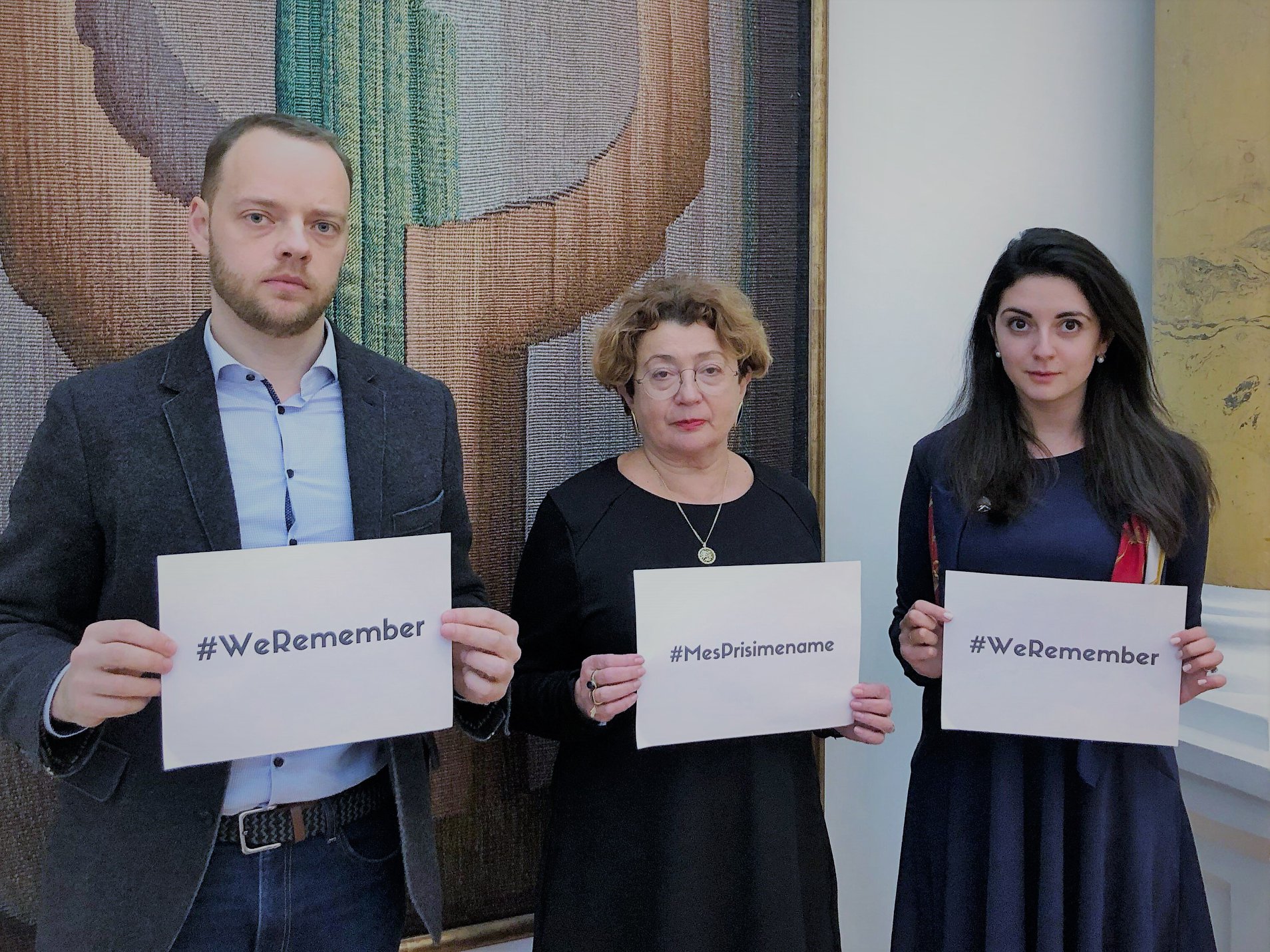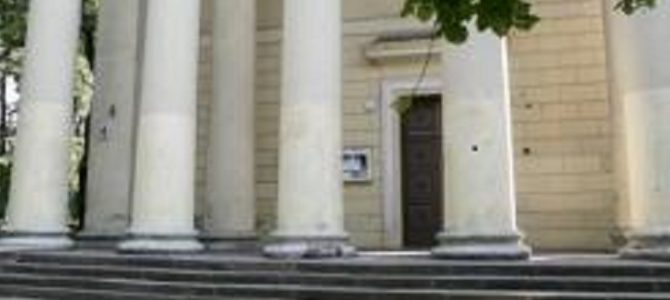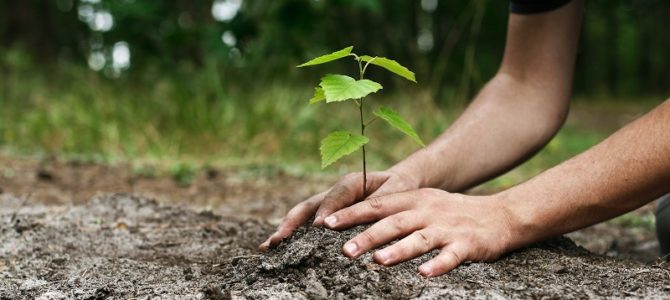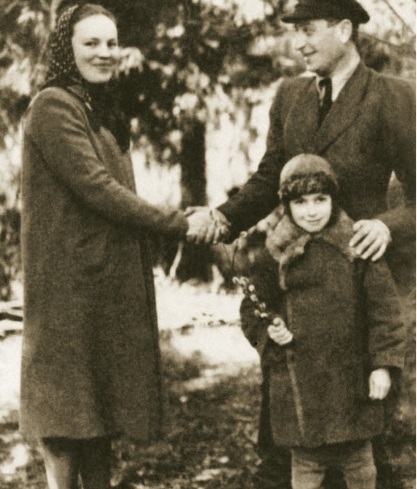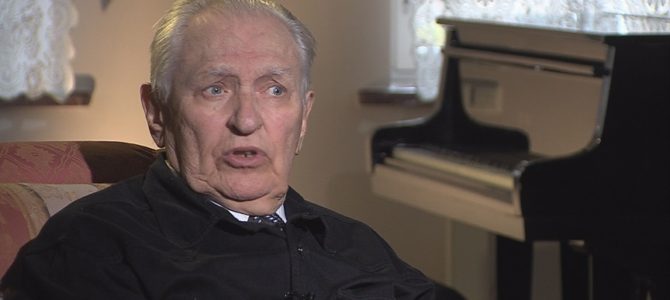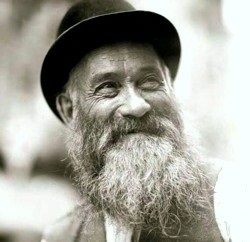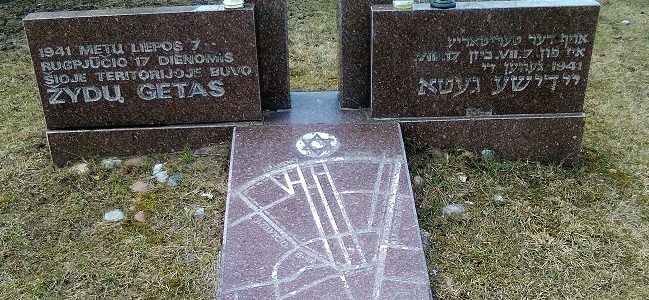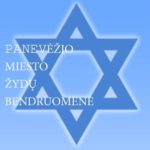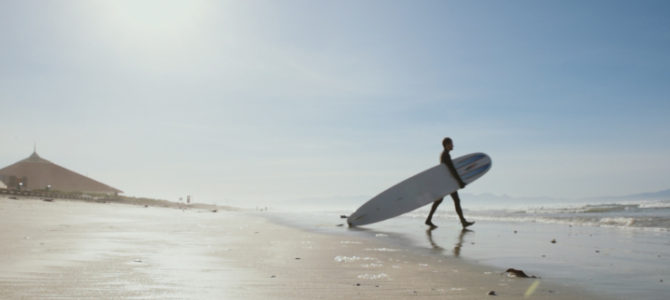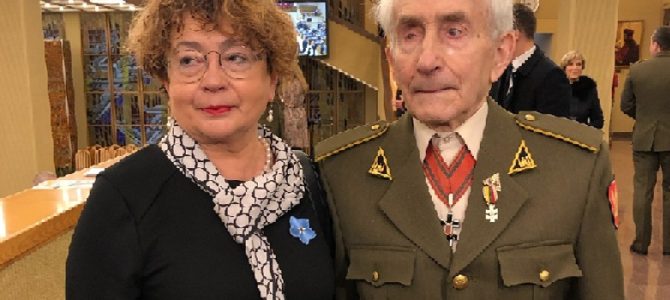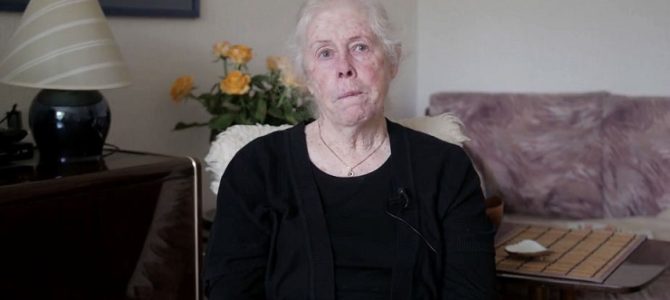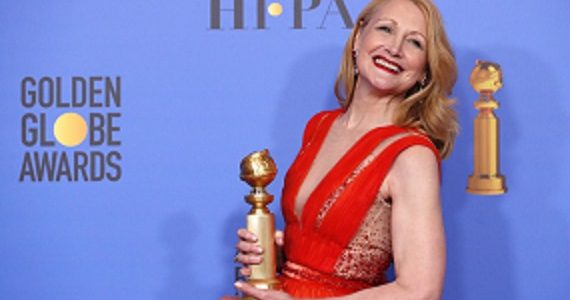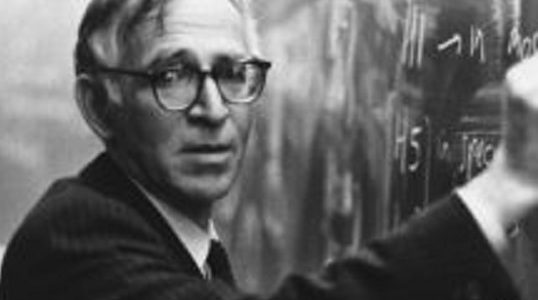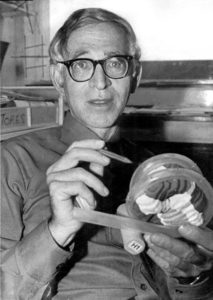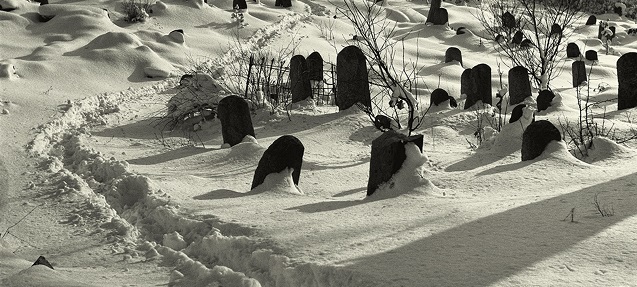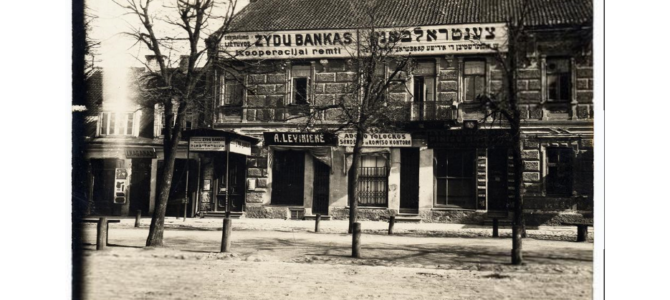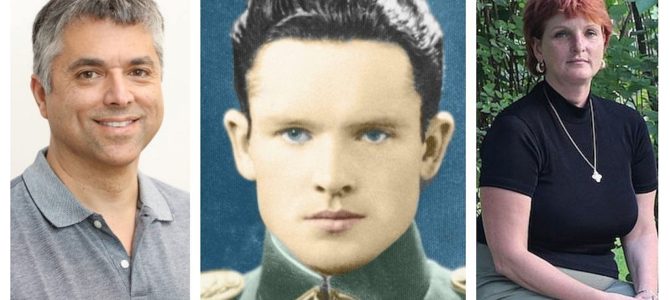January 25 FRIDAY 10:30 A.M.-2:30 P.M, Artis Hotel, Totorių street no. 23, Vilnius
Holocaust Day conference on fighting discrimination
Presentation of exhibit “Lithuania. Lite. Lita. One Century our of Seven”
Registration: www.lzb.lt, info@lzb.lt [in Lithuanian and English with translation]
Organizers: Lithuanian Jewish Community, Department of Ethnic Minorities under the Government of the Republic of Lithuania
January 27 SUNDAY 2:00 P.M., Pasaka Cinema, Šv. Ignoto street no. 4
Screening of the film Testament aka haEdut (2017). Entrance free. Film is in Hebrew, English, German and Yiddish (Lithuanian subtitles will be provided).
The Testament is a film about Holocaust historian Yoel Halberstam, who becomes involved in a legal battle over the brutal mass murder of Jews in the fictional town of Lensdorf, Austria, at the end of World War II. An influential industrialist family on whose land the massacre took place are planning a large real estate development at the mass murder site. Yoel suspects the goal of the construction is bury all memory of the event forever, but he needs proof to stop it from going forward.


